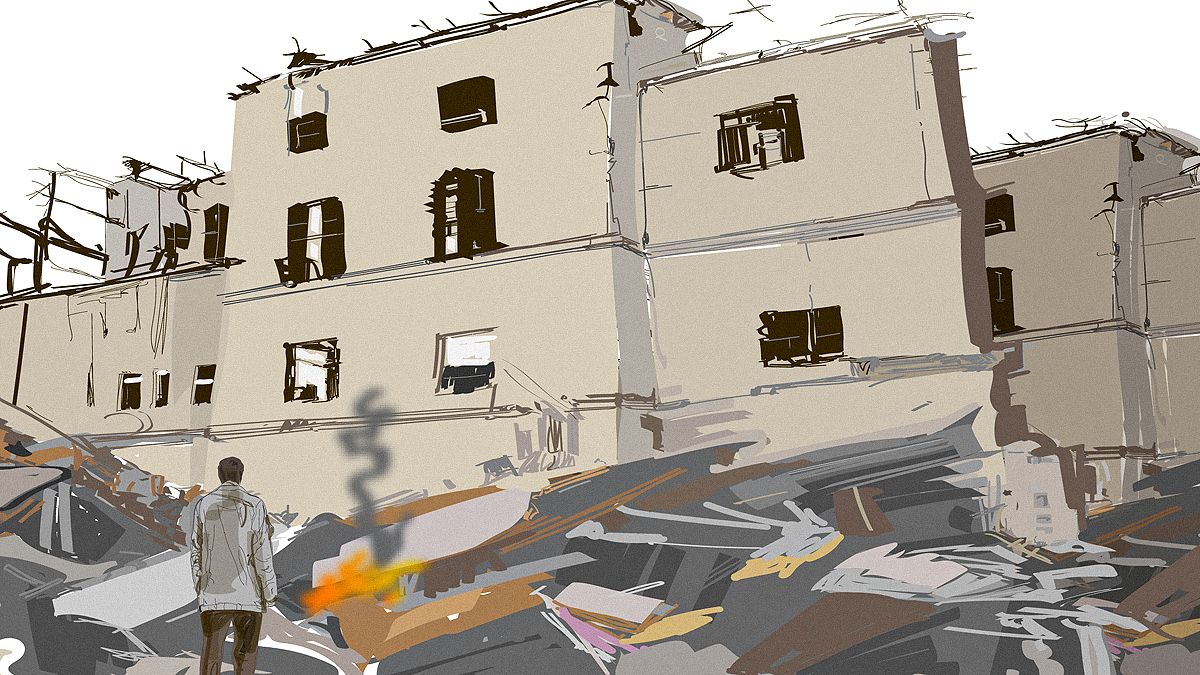Throughout history, January 12 has been witness to some big moments.
In 2010, Haiti experienced a devastating earthquake that left over 300,000 dead.
On this day in 1991, the US Congress voted to authorise then-President George HW Bush to make war on Iraq to free Kuwait.
In 2006, 364 Hajj pilgrims died in a stampede during the Mina stoning ritual in Saudi Arabia.
And in 2021, the Supreme Court of India ordered an interim stay on the three farm laws in Rakesh Vaishnav v Union of India & Ors.
As part of Firstpost’s ongoing series, ‘History Today’ , we delve into defining moments of this day and their impact on the world.
Haiti earthquake leaves death and devastation
The earthquake that struck Haiti on 12 January, 2010 struck 25 kilometres southwest of the Haitian capital of Port-au-Prince.
The tremor, which measured 7.0 on the Richter scale, caused widespread death and devastation.
It was followed by two aftershocks that were measured at 5.9 and 5.5.
Around three million people were affected by the quake — a third of the country’s population.
Over a million were left homeless.
The government of Haiti ultimately pegged the toll at over 300,000.
A decade and a half later, Haiti is yet to completely recover.
US House votes for war against Iraq
The year was 1991. President George HW Bush was in office.
The previous year, Iraq under Saddam Hussein had invaded its oil-rich neighbour Kuwait.
Now, the eyes of the world were on the United States – Congress specifically.
Impact Shorts
More ShortsWould the House authorise Bush Sr, the former CIA director and ex-VP, to use military force?
The final vote, which came after days of fierce debate was 250 to 183 – in favour of war.
The US would go on to unleash a devastating, lightning assault on Iraq – the first war that was broadcast LIVE on cable TV to millions in America.
Just five weeks later, Kuwait was free and Hussein was humiliated.
Tragedy during Hajj in Saudi Arabia
In 2006, over 300 were killed and around 1,000 left injured in Mecca.
This after the last day of the Mina stoning ritual turned deadly.
Tens of thousands of pilgrims had walked past al-Jamarat, the three large stone walls representing the devil which are pelted with stones by pilgrims.
This is done so that pilgrims can cleanse themselves of sin.
Then, pieces of luggage fell off moving buses.
Pilgrims who were walking towards the stone walls then tripped over them.
The incident occurred despite authorities’ best efforts to improve safety.
The walkways had been widened to reduce congestion and nearly 60,000 security forces deployed.
Yet, the tragic incident could not be prevented.
SC stays Centre’s farm laws
In January 2021, the Supreme Court issued an interim stay on the Centre’s three farm laws.
Parliament had passed the three farm laws in September 2020.
The three laws enacted were Farmers’ Produce Trade and Commerce (Promotion and Facilitation) Act, 2020; the Farmers Empowerment and Protection) Agreement on Price Assurance and Farm Services Act 2020 and the Essential Commodities (Amendment) Act, 2020.
However, cultivators, particularly in Punjab and Haryana, began protesting against these laws.
Meanwhile, multiple petitions challenging the laws were filed with the apex court.
Then, on January 12, 2021, the Supreme Court stayed the farm laws.
The then Chief Justice of India SA Bobde said the court would establish a committee to examine the farmers’ grievances.
“We are of the view that the constitution of a committee of experts in the field of agriculture to negotiate between the farmers’ bodies and the Government of India may create a congenial atmosphere and improve the trust and confidence of the farmers… a stay of implementation of all the three farm laws for the present may assuage the hurt feelings of the farmers and encourage them to come to the negotiating table with confidence and good faith,” the order read.
Though the court set up a committee to help the farmers and the Centre come to an agreement, the cultivators would not participate in the discussions.
Then, in November 2021, Prime Minister Narendra Modi shocked many by announcing that the farm laws would be repealed.
This was done in the Winter Session of Parliament – and the controversial issue was done and dusted.
This day, that year
1863: Narendranath Datta, who would become the global icon Swami Vivekananda, is born into a Bengali family in Calcutta.
1962: US begins its first combat mission in Vietnam
1966: The famed Batman TV series debuts on ABC.
1967: Boxer Muhammad Ali, known as ‘The Greatest,’ is denied an exemption for the Vietnam War by a draft board in Louisville, Kentucky.
1972: Abu Sayeed Chowdhury is sworn in as President of Bangladesh. Sheikh Mujibur Rahman takes oath of office as Prime Minister.
With inputs from agencies
)